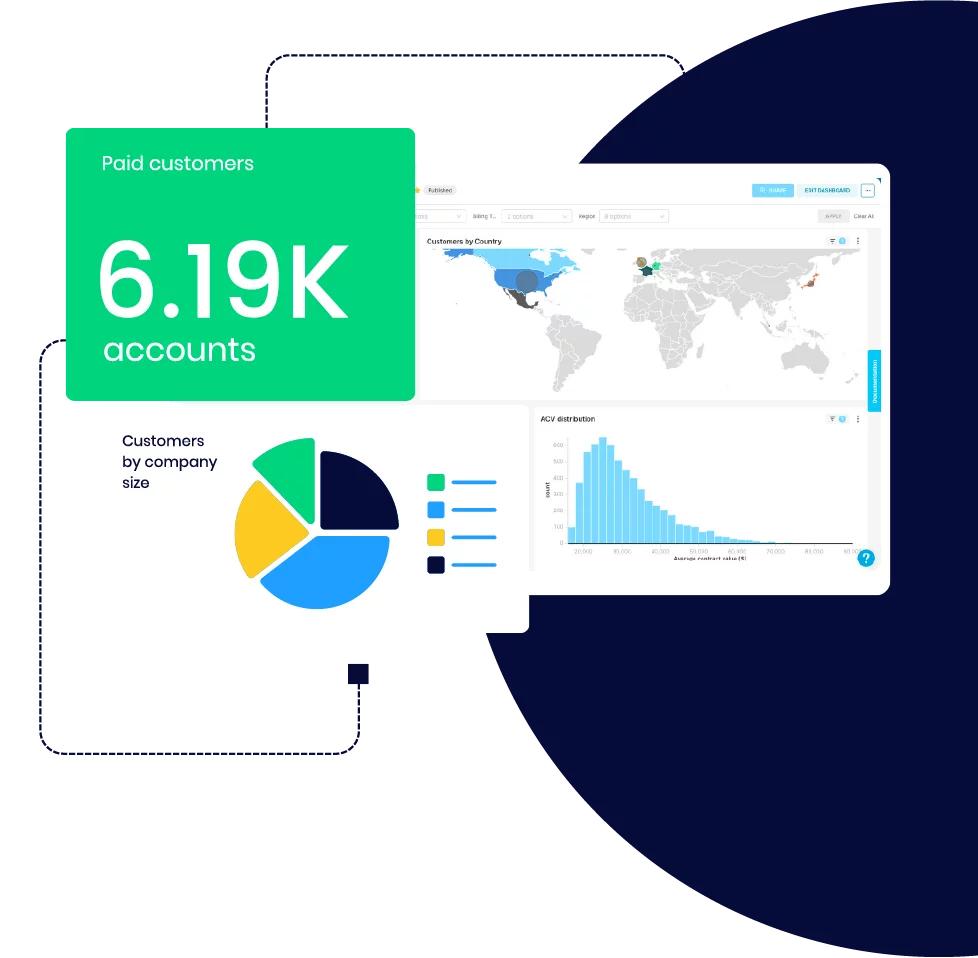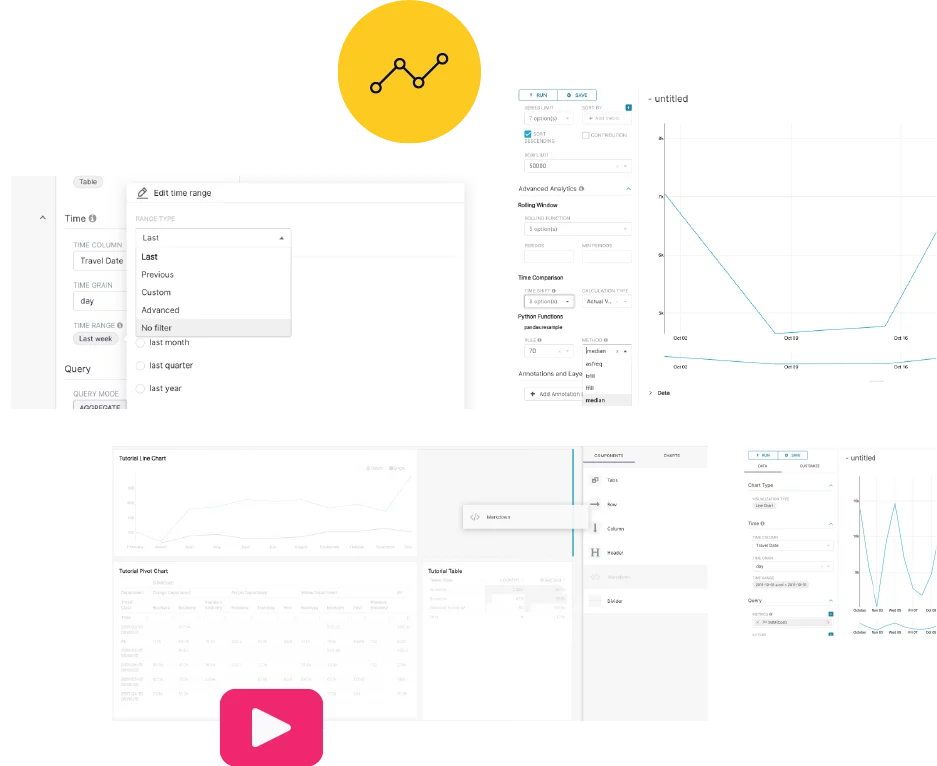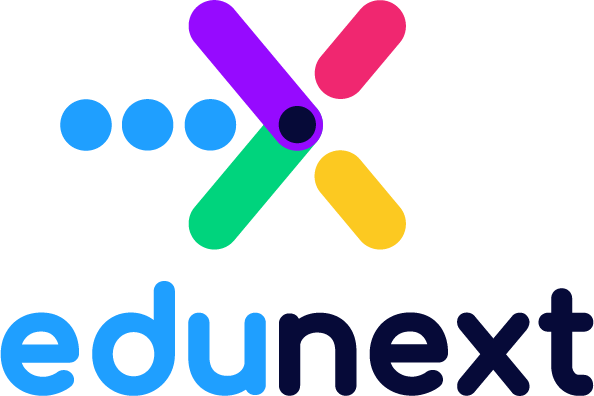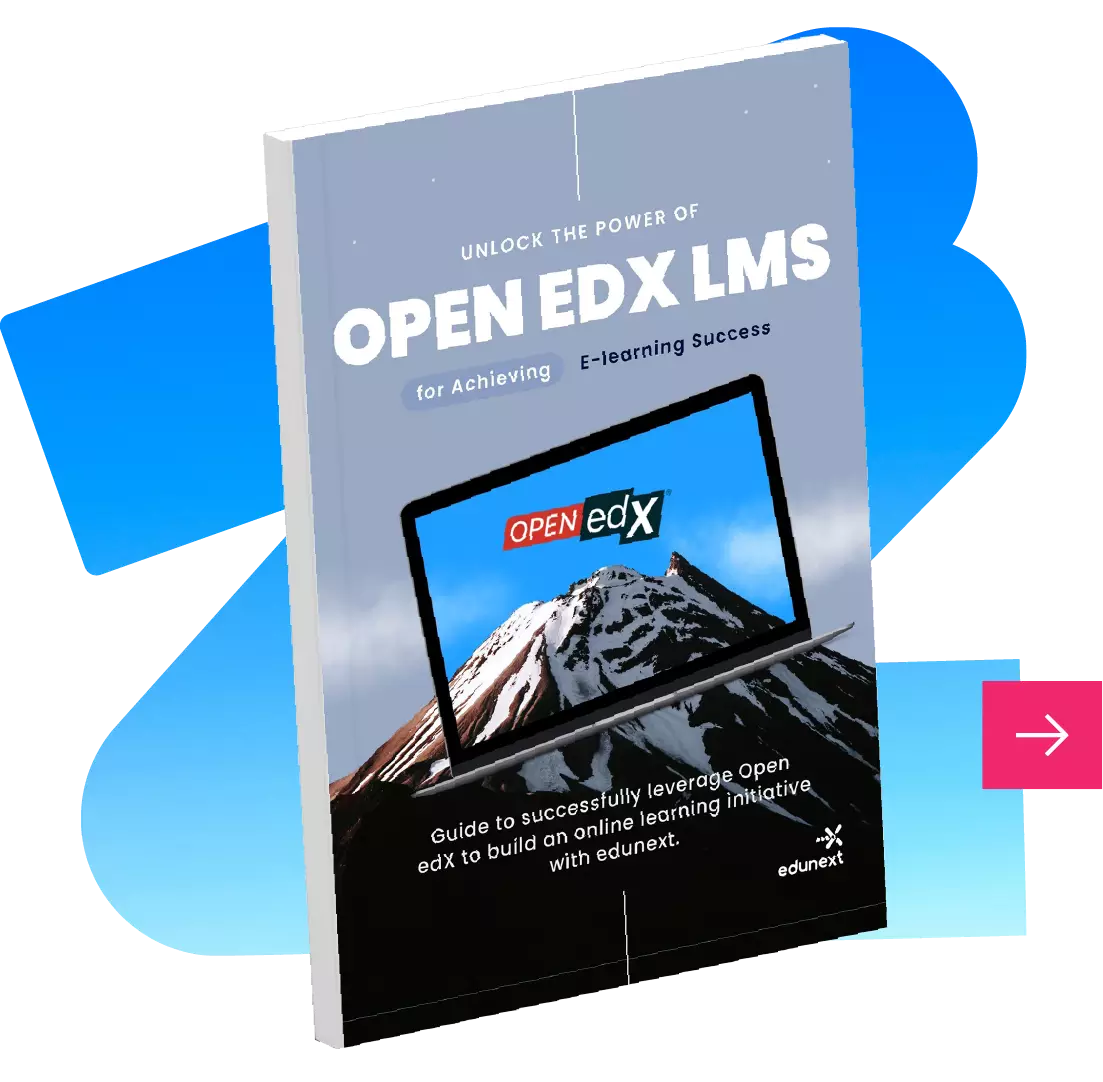Start making data-driven
decisions today

Aspects is an analytics system for Open edX, bringing actionable data about course and learner performance to instructors and site operators. Aspects, built with an enhanced Tutor plugin, ties together data from the Open edX learning management system and Studio using open source tools to aggregate and transform learning traces into data visualizations.



Already using Kubernetes. From olive onwards.

running courses continuously and with future plans to continue the operation.

in kubernetes orchestration, data extraction, ASPECTS technologies, superset, clickhouse, vector, ralph and other related technologies.


A one time engagement to provision the required infrastructure, install and configure the ASPECTs / OARS data processing pipeline and analytics dashboards.
First year of support included.

When the tracking logs from the previous operation of the platform are available, they can be backtraced, processed and fed into the ASPECTs solution in order to have historical analytics as well.

In case the organization needs a very particular dashboard or report, a team of expert data analysts can build it as an addition to the aspects platform.

Dedicated -hour training program for the platform administrators or the organization data analysts to get the most out of the ASPECTS platform.

We can provide you with continuos support after the installation e-learning landscape.
If you think this is for you, apply here
Open edX Aspects can enhance user experiences by providing actionable data insights about learner engagement, allowing for more personalized and effective teaching methodologies.
Aspects isn’t a direct replacement for the Insights App but serves a similar purpose by offering analytics and data visualization capabilities for Open edX.
Aspects can improve the user experience by enabling instructors and administrators to make data-driven decisions, leading to more tailored learning experiences and efficient course management.
Open edX installation involves several steps, including provisioning servers, configuring the platform, and setting up dependencies. Detailed guides and documentation are available on the Open edX website.
The Open edX website, documentation, forums, and community events are valuable resources for learning more about Aspects and its implementation.
By providing insights into learner behavior and course performance, Aspects can facilitate tailored interventions and content adjustments, enhancing student engagement.
Institutions can benefit from improved course design, personalized learning experiences, better learner outcomes, and streamlined administrative processes through data-driven insights provided by Aspects.
Costs can vary based on factors like the institution’s size, requirements, and the extent of implementation. Specific pricing details would need to be discussed with the service provider.
Challenges might include data integration complexities, staff training needs, ensuring data accuracy, and aligning the analytics with specific educational goals.
Benefits include informed course improvements, targeted interventions, optimized resource allocation, and a deeper understanding of learner needs.
Aspects align with trends by focusing on personalized learning, adaptive teaching methodologies, and leveraging data analytics for continuous improvement.
Data is crucial as it provides insights into learner behavior, course effectiveness, and helps in making informed decisions to enhance the learning experience.
Institutions have used Aspects to improve course completion rates, identify at-risk students, personalize learning pathways, and optimize course content.
Following the Open edX community forums, attending conferences, webinars, and engaging with the community can keep them informed about the latest updates and best practices.
Aspects can enhance scalability by providing insights into user engagement patterns, allowing for adjustments that optimize courses for larger audiences.
By analyzing learner data, Aspects can identify individual learning preferences, enabling educators to tailor content, pacing, and assessments accordingly.
Security measures should include data encryption, access controls, regular updates, and compliance with privacy regulations to safeguard learner information.
Aspects offer metrics on course completion rates, engagement levels, and learner performance, aiding institutions in assessing and enhancing the effectiveness of their programs.

